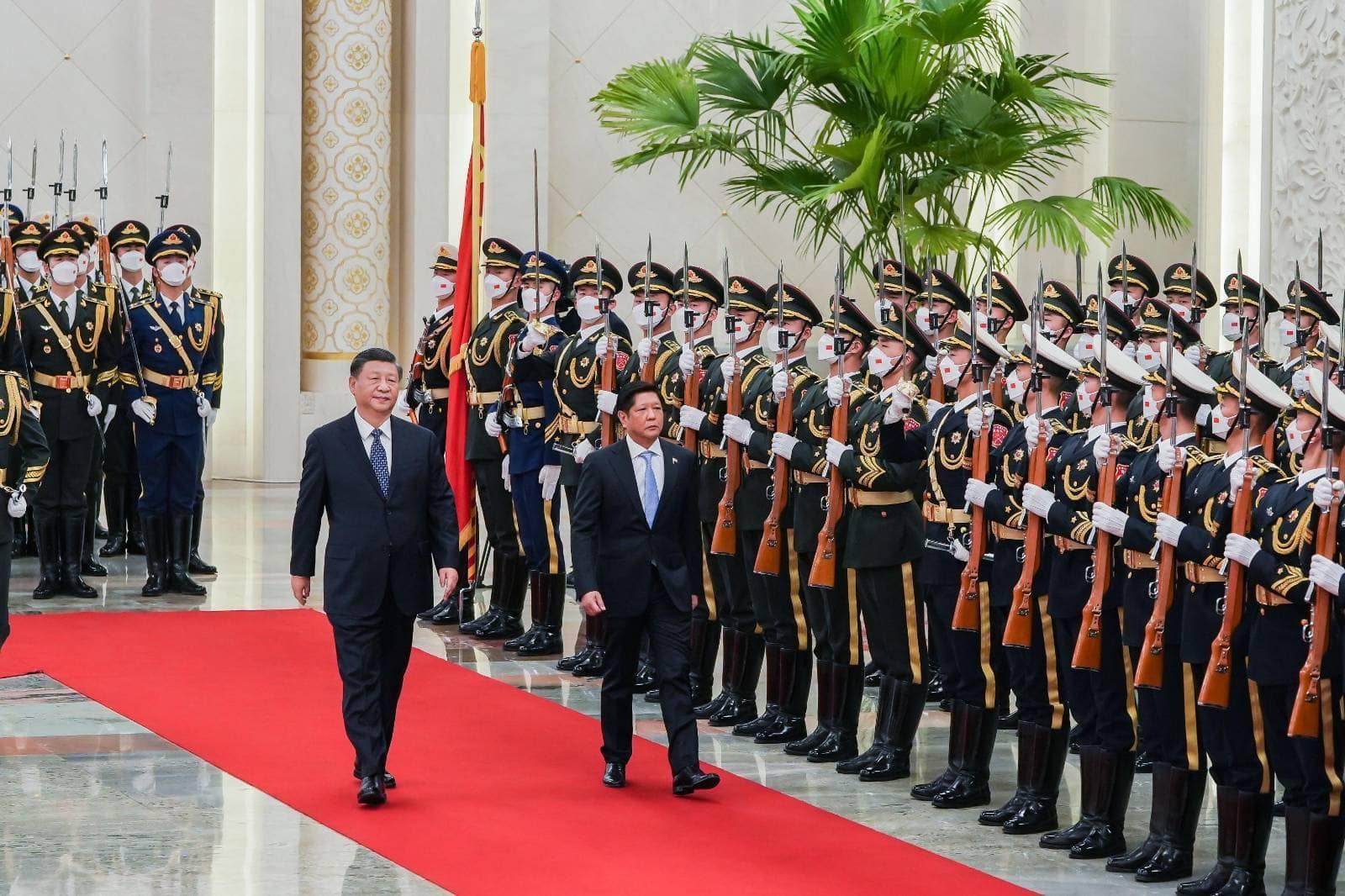World
Xi Jinping Shakes Up China’s Nuclear Forces - Was There a Loyalty Gap?
By Jake Beardslee · August 2, 2023
In brief…
- China President Xi Jinping has abruptly replaced the two top leaders of his nuclear forces.
- Analysts say the surprise shake-up indicates Xi may have concerns about the previous leaders' loyalty or competence.
- The move comes as China is expanding its nuclear arsenal.
- Xi aims to ensure absolute loyalty in the military as he pursues an assertive foreign policy while keeping an eye on nearby Taiwan.

In a surprise move, Chinese leader Xi Jinping has replaced the top leadership of China’s nuclear forces.
State media announced Monday that Wang Houbin and Xu Xisheng are the new commander and political commissar, respectively, of the People’s Liberation Army Rocket Force. They replace Li Yuchao and Xu Zhongbo, who had held the positions for just over a year.
The abrupt reshuffle has raised questions about Xi’s motives. Analysts say the change suggests Xi may have concerns about the loyalty or competence of the previous twosome.
“The shake-up is fairly significant,” Yun Sun, director of the China program at the Stimson Center think tank in Washington, told CNN. “At a time when China is trying to build up its nuclear arsenal to deter potential US intervention in a Taiwan contingency, the personnel reshuffle and the underlying causes of it (would) raise skepticism about the force’s ability to carry out that mission reliably and successfully.”
Xi has steadily consolidated power since becoming China’s top leader in 2012. He has purged the military ranks through an ongoing anti-corruption campaign. The goal: Absolute loyalty.
The Rocket Force oversees China’s nuclear and conventional missiles, including those designed to deter possible foreign intervention in Taiwan. Xi said recently that China reserves the right to use force to unify with the self-governing island state.
Neil Thomas, fellow for Chinese politics at Asia Society Policy Institute’s Center for China Analysis, told CNN that it is “unusual for Beijing to appoint outsiders to lead the Rocket Force.” Wang and Xu previously held deputy positions in the navy and air force.
Replacing both the commander and political commissar simultaneously is highly irregular, said Thomas. He added that the disappearance of the previous leaders from public view for months before the announcement was abnormal.
With China expanding its nuclear forces, the Rocket Force is a key player in Xe’s overall strategy. However, the unexplained leadership changes raise concerns about the force’s stability, analysts say.
The shake-up underscores Xi’s tightening grip on the military as he pursues an increasingly assertive foreign policy.